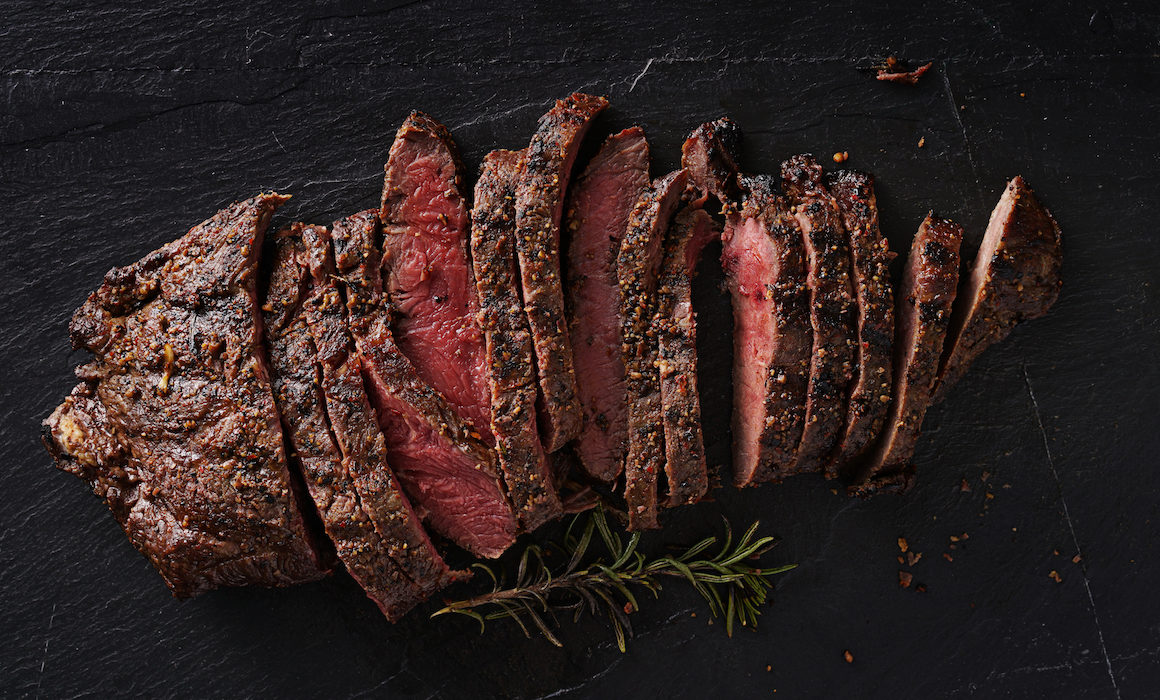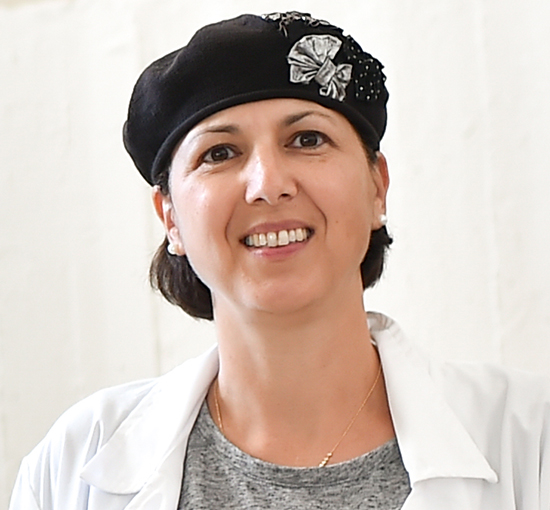Professor Shulamit Levenberg’s work in cultivated meat has caught the eye of one of Hollywood’s most beloved actors: Leonardo DiCaprio. The actor and environmental activist recently invested an undisclosed sum in Prof. Levenberg’s Aleph Farms as part of the startup’s recent $105 million funding round.
“One of the most impactful ways to combat the climate crisis is to transform our food system,” said DiCaprio, who has funded an array of environmental causes including lion recovery and is part of the billionaire-funded nonprofit Earth Alliance. He will become an advisor and investor to both Aleph Farms, which cultivates eco-friendly steak from living cows, and to Netherlands-based Mosa Meat, which has created a lab-grown hamburger.
“With his passion for and dedication to climate action, we expect this collaboration will lead to great things together,” said CEO Dr. Didier Toubia.
Environmental concerns and the rise of vegan and vegetarian diets have made Aleph Farms a key player in the foodtech industry. Co-founded in 2017 by Dr. Toubia and Prof. Levenberg, former dean of the Faculty of Biomedical Engineering, Aleph Farms has developed the world’s first slaughter-free ribeye steak by 3D bioprinting non-GMO cow cells. The engineered steak will use just a fraction of the land and water required to raise traditional cattle, cut greenhouse gas emissions by more than 90%, and will not harm animals. Media reporters have hailed the taste and texture of the steak, which Aleph Farms hopes to bring to consumers next year.
DiCaprio’s involvement comes on the heels of another major investment. Aleph Farms recently announced it will start co-development with Brazil’s BRF S.A., one of the largest beef producers in the world, to bring its cultivated meat to Brazilian tables. “Leveraging the expertise and infrastructure of leading food and meat companies will drive a faster scale-up of cultivated meat and eventually lead to a broader positive impact,” said Toubia. Aleph Farms has pledged to eliminate emissions associated with its meat production by 2025.

